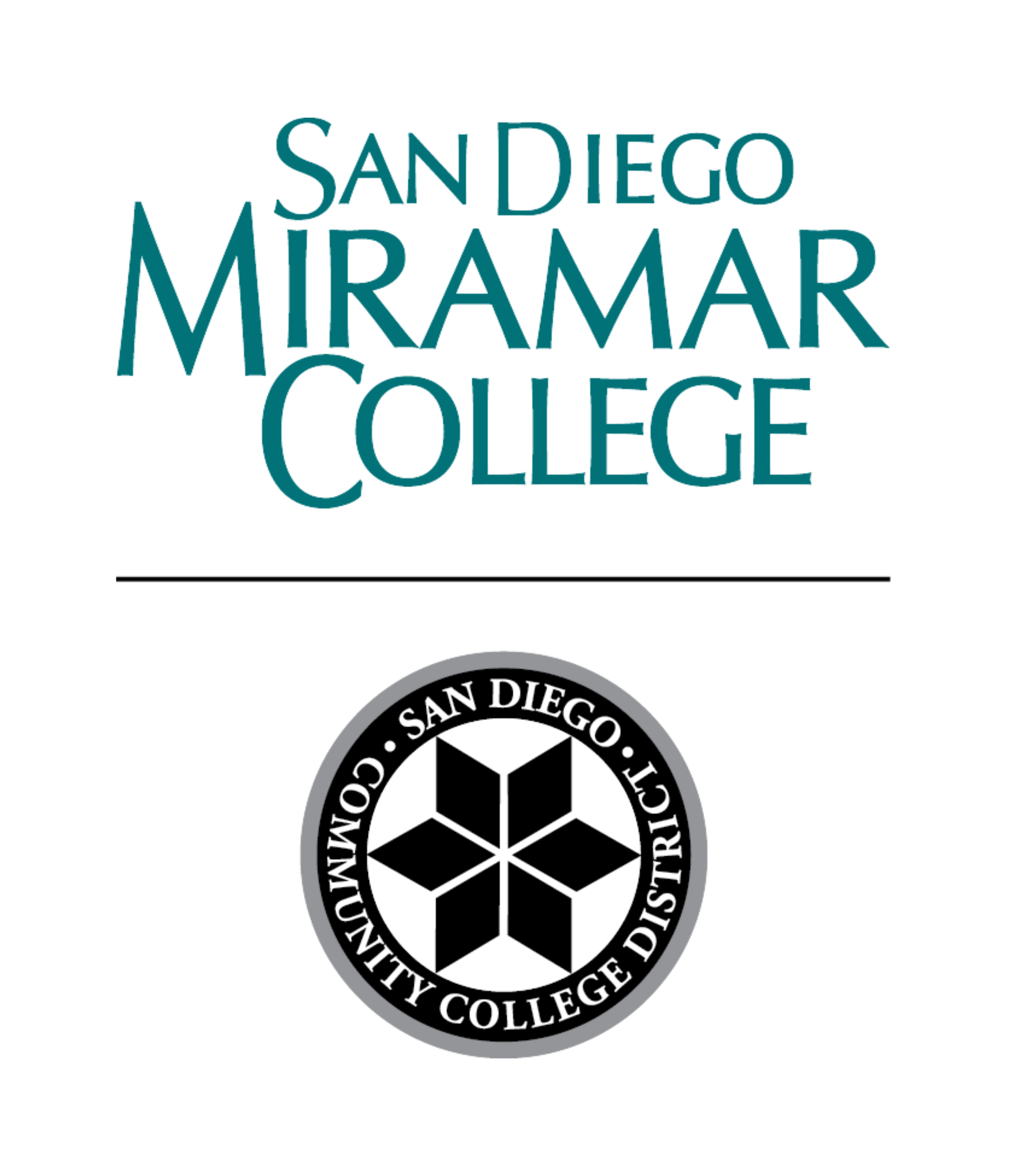“As writers, we have a responsibility to think deeply about the implications of our technology and to use it in ways that advance the cause of human understanding and creativity”
Prompt
Artificial Intelligence (AI) is rapidly transforming various aspects of human life, including the field of writing. With advances in natural language processing (NLP) and machine learning algorithms, AI technologies are increasingly being used to assist and automate various writing tasks, ranging from generating content and editing to evaluating text quality and predicting audience reception. While AI presents exciting opportunities to improve writing processes and outcomes, it also raises critical questions about the nature of writing and its role in communication, as well as the ethical implications of delegating writing tasks to non-human entities.
For this special issue, we invite original research articles, theoretical explorations, and critical essays that examine the intersection of AI and writing from a rhetorical perspective. Potential topics and questions may include, but are not limited to:
Theoretical frameworks for understanding the role of AI in writing practices and the implications for rhetorical theory and practice.
The use of AI in different stages of the writing process, including pre-writing, drafting, revising, and publishing, and its impact on writer agency, creativity, and collaboration.
The effectiveness and limitations of AI tools and algorithms for assessing writing quality, readability, and audience reception, and their implications for the evaluation of writing in academic, professional, and public contexts.
The ethical considerations of using AI in writing, such as issues of transparency, accountability, bias, and power dynamics, and their implications for social justice and democratic communication.
Comparative analyses of AI and human writing practices in different genres, modes, and cultures, and their implications for cross-cultural communication and understanding.
Critical reflections on the challenges and opportunities of integrating AI into writing education and pedagogy, and the implications for the development of writing skills, knowledge, and values.
We welcome submissions from a wide range of disciplines, including rhetoric and composition studies, communication studies, linguistics, computer science, media studies, and cultural studies. Submissions should be original and not under consideration elsewhere, and should follow the guidelines of the journal.
Potential rhetorical approaches that authors may consider in their submissions include, but are not limited to:
Classical rhetorical theory (e.g., ethos, logos, pathos, invention, arrangement, style)
Contemporary rhetorical theory (e.g., rhetoric of science and technology, digital rhetoric, visual rhetoric, feminist rhetoric, critical race theory)
Genre theory and analysis (e.g., discourse communities, rhetorical situations, genre ecologies, affordances and constraints)
Multimodal and new media theory and analysis (e.g., hypertext, interactivity, user experience, algorithmic culture)
Critical discourse analysis and critical language studies (e.g., power, ideology, identity, social justice, linguistic diversity)
Historical and cultural studies of writing and technology (e.g., print culture, literacy, media archaeology, globalization)
We look forward to receiving your submissions and to contributing to the ongoing conversation about the complex relationship between AI and writing from a rhetorical perspective.
Deadlines
inside english will begin publishing again in 2025! Online publications will be ongoing. Currently, we are accepting submissions through 12/31/2024 for our next major publication.
Please expect an email acknowledging receipt of your submission within 72 hours.
Guildelines
The Sterling Award
To commemorate the publication of this first issue, we’ll be offering two publication prizes for the “Sterling Award,” named in honor of Sterling Warner, founding board member and former president of TYCA Pacific Coast, whose work in rhetoric and poetry has been invaluable.
1st Place - $500
2nd Place - $250
Only electronic submissions will be considered.
Digital formats should be accessible and editable; Microsoft Word or Google Docs preferred.
Email electronic submissions as file attachments to the editor Rodrigo Gomez, rgomez001@sdccd.edu.
If your submission references sources that are available online, please include the direct links to those sources either as in-text hyperlinks or on a citation page.
If you have images that you would like to accompany your submission, please include online-ready resolution copies: jpg or png preferred. These images may be used in the body of your submission or as a “cover” photo.
Also, please include a short author’s bio and a headshot with your submission.
Use in-text documentation, following the current edition of the MLA Handbook. A list of works cited and any other bibliographic information should also follow MLA style.
All submissions must follow the NCTE Guidelines for Gender-Fair Use of language. Spelling should conform to The American Heritage Dictionary.


